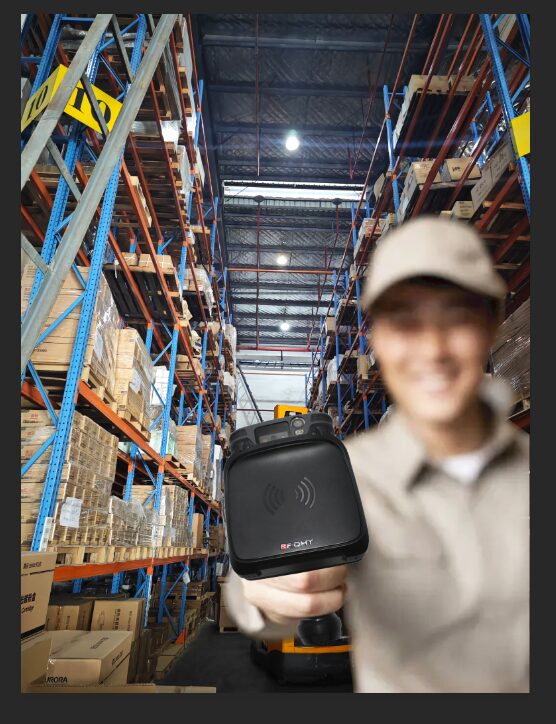
Features of FID flexible anti-metal tags
Anti-metal interference
RFID flexible anti-metal tags use special materials and designs to effectively resist metal interference on RFID signals. Traditional RFID tags will encounter severe signal reflection and absorption on metal surfaces, while anti-metal tags have greatly improved signal transmission performance through structural optimization.
Flexible design
This kind of label is flexible and can be attached to various curved or irregular metal surfaces, and is highly adaptable. This flexibility allows the tags to be applied in a variety of complex environments without being limited by surface shape.
High durability
RFID flexible metal-resistant tags are usually made of durable materials that can withstand harsh environmental conditions such as high temperature, high humidity and mechanical stress. This gives them a long service life in industrial environments.
ביצועים גבוהים
Even in a metal environment, RFID flexible anti-metal tags can still provide reliable reading and writing performance. This makes them a great advantage in scenarios that require high accuracy and reliability.
Technical principles
The working principle of RFID flexible anti-metal tags is similar to that of ordinary RFID tags, both communicating through radio frequency signals. עם זאת, due to the particularity of the metal environment, these tags adopt the following technical means in design:
shielding material
Add a layer of metal shielding material on the back of the tag to prevent metal from interfering with RFID signals. This shielding layer is usually made of conductive materials and can effectively isolate the influence of metal on electromagnetic waves.
Absorbing material
Use absorbing materials to reduce the reflection and absorption of electromagnetic waves on metal surfaces. Absorbing materials can convert incident electromagnetic wave energy into heat energy, thereby reducing the interference of reflected waves on RFID signals.
Special antenna design
By designing an antenna with a special shape and structure, the tag’s signal reception and transmission performance in a metal environment is optimized. These antenna designs enhance the tag’s signal strength and stability, allowing it to perform well in complex environments.
Application areas
asset Management
In fields such as manufacturing, אחסנים ולוגיסטיקה, RFID flexible anti-metal tags are widely used to track and manage metal tools, equipment and containers. By monitoring the location and status of assets in real time, enterprises can significantly improve management efficiency and accuracy.
vehicle management
RFID flexible anti-metal tags can be installed on metal parts of vehicles for vehicle identification and management. This application is particularly important in logistics transportation, fleet management and parking lot management.
מוצר נגד זיופים
For high-value metal packaging products, RFID flexible anti-metal tags provide an effective anti-counterfeiting method. Through unique RFID identification, companies can ensure product authenticity and traceability.
automated industry
In automated production lines, RFID flexible anti-metal tags are used for identification and data collection to improve production efficiency and product quality control. This is particularly important in manufacturing processes, enabling precise production management.
Implementation considerations
Install correctly
Make sure the label is properly attached to the metal surface to minimize interference. The installation location and method should be optimized according to specific application scenarios.
Choose the right frequency
RFID tags with different frequencies behave differently in metal environments, and the frequency range suitable for specific applications should be selected. בדרך כלל, תדר גבוה במיוחד (UHF) tags perform better in metallic environments.
Environmental testing
Environmental testing is performed before actual application to ensure that the tags perform stably in the expected working environment. Testing should include all possible conditions of use to ensure the reliability and validity of the label.
in conclusion
RFID flexible anti-metal tags are an important technology to solve the problems of RFID application in metal environments. Its broad application prospects and excellent performance make it an important tool in industry, לוגיסטיקה, asset management and other fields. In practical applications, choosing the appropriate tag type and reasonable installation method can significantly improve the reliability and effectiveness of the RFID system. Through continuous technological innovation and optimization, RFID flexible anti-metal tags will bring new possibilities and value to more industries.





